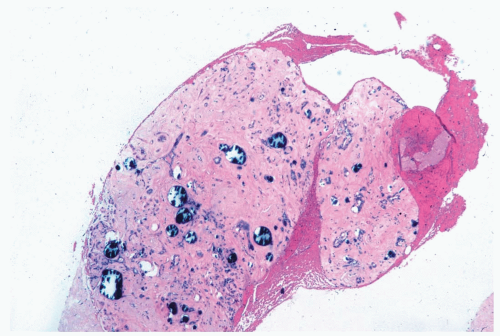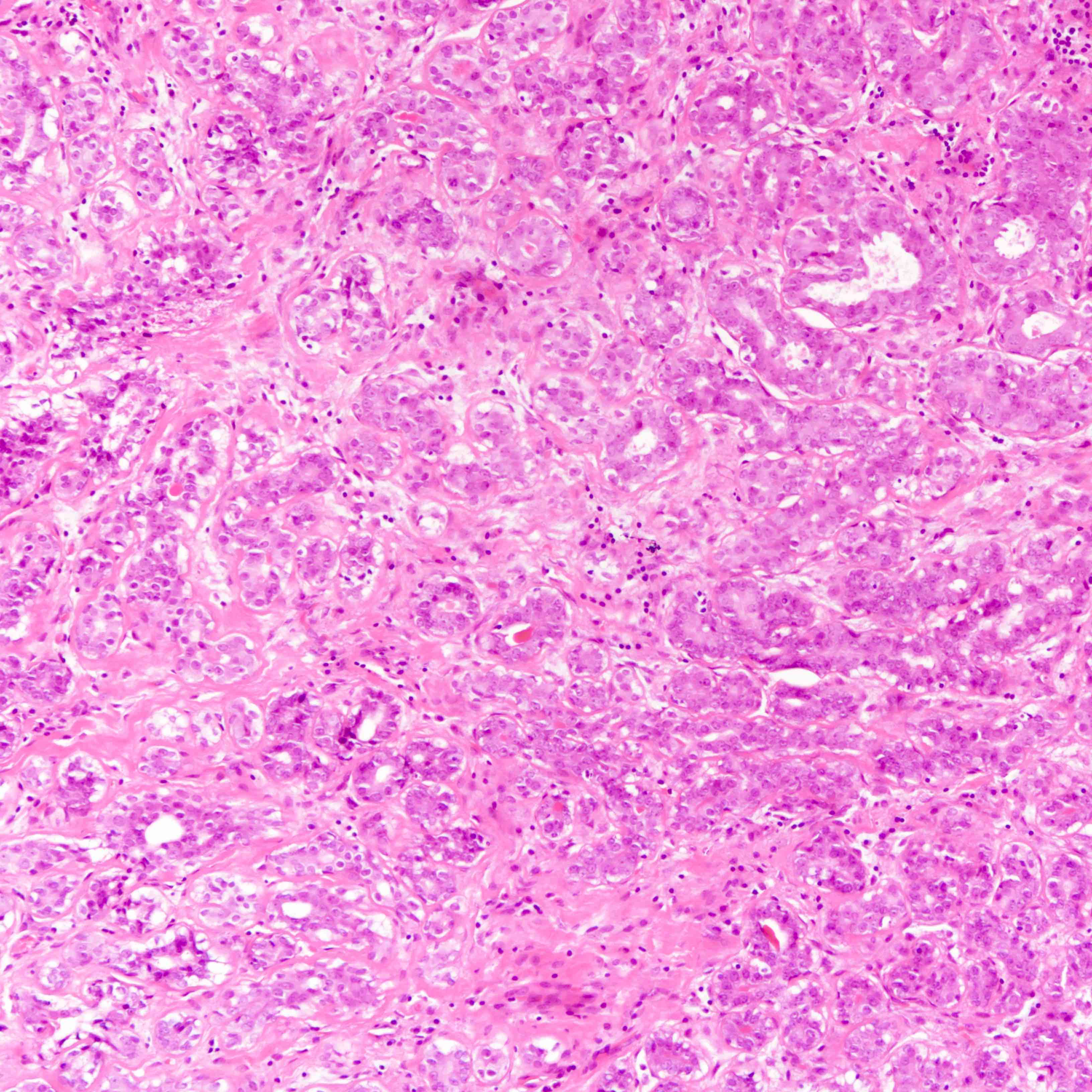

A number proteomic studies have been performed in the past to fill this gap in understanding of the disease (reviewed in ref 15) however, there are very few large-scale and quantitative data sets describing the proteomes of the colorectal enterocytes (N), the adenoma (A), and cancer tissues (C). This revealed several-fold higher concentrations of enzymes in fatty acid metabolism in C compared with N, and unexpectedly, the same held true of plasma membrane transporters.Īlthough studies like the ones cited above have provided important insights into many aspects of colorectal cancers, they do not yield direct information on the major active components of the cells, which are their proteins. Our proteomics approach allowed us to assess changes in varied cell size, the composition of different subcellular components, and alterations in basic biological processes including the energy metabolism, plasma membrane transport, DNA replication, and transcription. Together with principal component analysis of the patient groups, this suggests that N, A, and C are equidistant but not on one developmental line. Between N and A, 23% of all proteins changed significantly, 17.8% from A to C and 21.6% from N to C.

Absolute proteomics of 10 000 proteins per patient from microdissected formalin-fixed and paraffin-embedded clinical material established a quantitative protein repository of the disease. Here we utilize advances in the proteomic workflow to perform an in depth analysis of the normal tissue (N), the adenoma (A), and the cancer (C). We previously compared the proteomes of normal colorectal enterocytes, cancer and nodal metastasis to a depth of 8100 proteins and found extensive quantitative remodeling between normal and cancer tissues but not cancer and metastasis (Wiśniewski et al. It develops from normal enterocytes, through a benign adenoma stage, into the cancer and finally into the metastatic form. Colorectal cancer is a leading cause of cancer-related death.


 0 kommentar(er)
0 kommentar(er)
